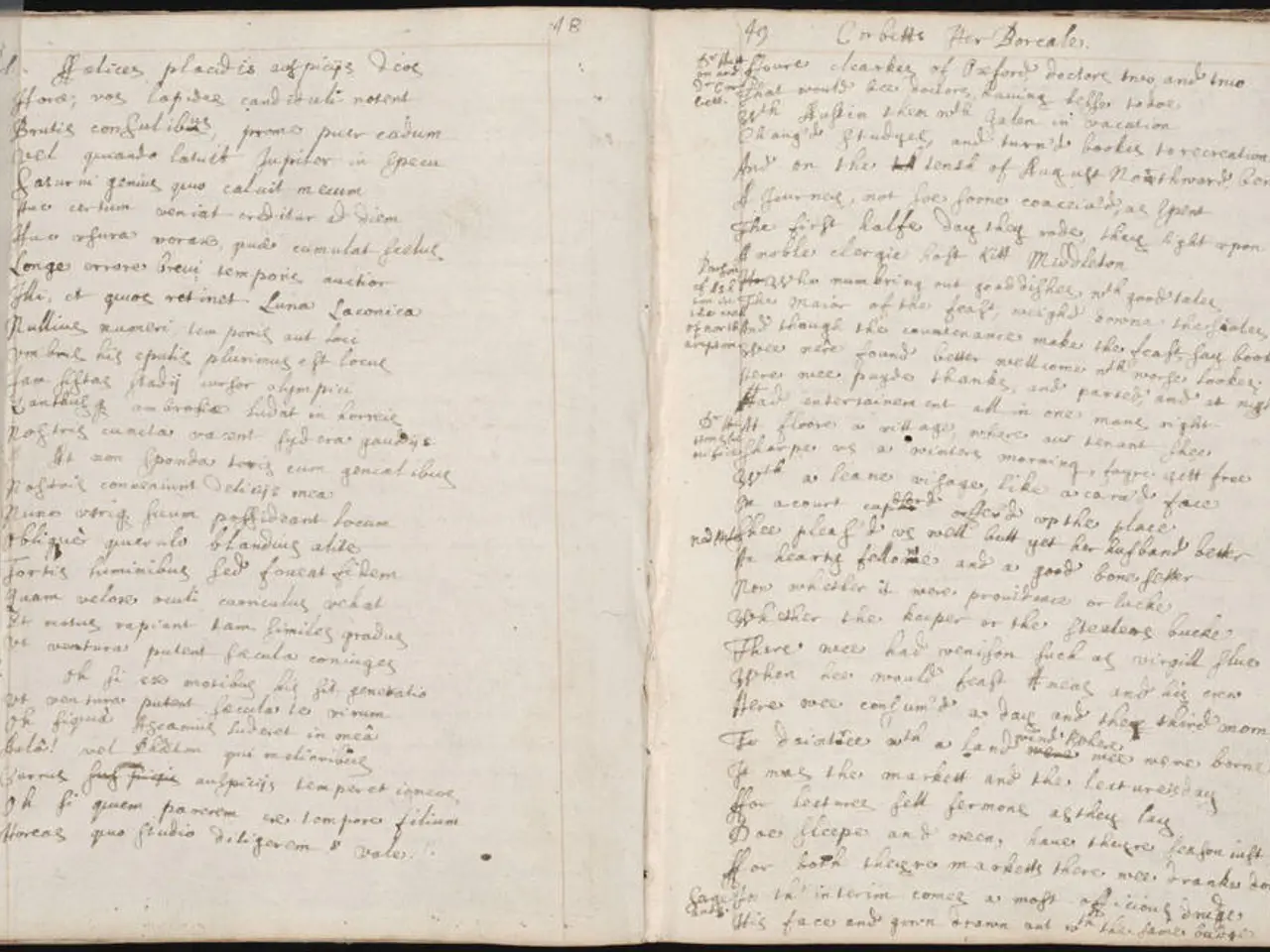Celebration of the 30th Anniversary of the Americans with Disabilities Act
President George H.W. Bush Signs the Americans with Disabilities Act
On a significant day in July 1990, President George H.W. Bush signed the Americans with Disabilities Act (ADA) into law at the White House[1][2][3][4]. The ceremony was marked by the presence of key figures from the disability rights movement, demonstrating the collective effort that led to the passage of this groundbreaking legislation.
Among the notable attendees were Justin Dart Jr., often referred to as the "father of the ADA," and Ronald L. Mace, who coined the term "universal design." Senator Tom Harkin (D-IA) was also present, having been the chief Senate sponsor of the bill. During the legislative process, Senator Harkin delivered part of his speech in sign language, underscoring the importance of inclusivity[3].
The signing ceremony was not only attended by politicians but also by disability rights activists, many of whom had participated in the famous "Capitol Crawl." This demonstration aimed to highlight the barriers faced by people with disabilities, and it served as a powerful reminder of the grassroots activism that contributed to the law's passage[3].
President Bush emphasized the bipartisan effort behind the act, stating, "Let the shameful wall of exclusion finally come tumbling down." He also highlighted the commitment to flexibility and containment of costs, ensuring that the ADA would be a comprehensive and practical solution for improving the lives of people with disabilities[3].
The ADA, signed on that day, became the world's first comprehensive civil rights law for people with disabilities. Its impact continues to be felt, as it paved the way for a more inclusive society where everyone has equal opportunities and rights.
[1] "The ADA: 30 Years Later," National Archives, accessed July 20, 2023, https://www.archives.gov/exhibits/ada/index.html
[2] "The ADA: 30 Years Later," Library of Congress, accessed July 20, 2023, https://www.loc.gov/exhibits/ada/
[3] "The ADA: 30 Years Later," Americans with Disabilities Act, accessed July 20, 2023, https://www.ada.gov/30th_anniversary/
[4] "The ADA: 30 Years Later," National Council on Disability, accessed July 20, 2023, https://ncd.gov/ada30/
Discussions surrounding the ADA's passage involved the intersection of policy-and-legislation with politics, as influential figures such as Justin Dart Jr., Ronald L. Mace, and Tom Harkin played pivotal roles in its legislative process. Furthermore, the signing ceremony was marked by the attendance of activists who demonstrated through events like the "Capital Crawl," emphasizing the impact of general-news and grassroots activism on the ADA's implementation.








